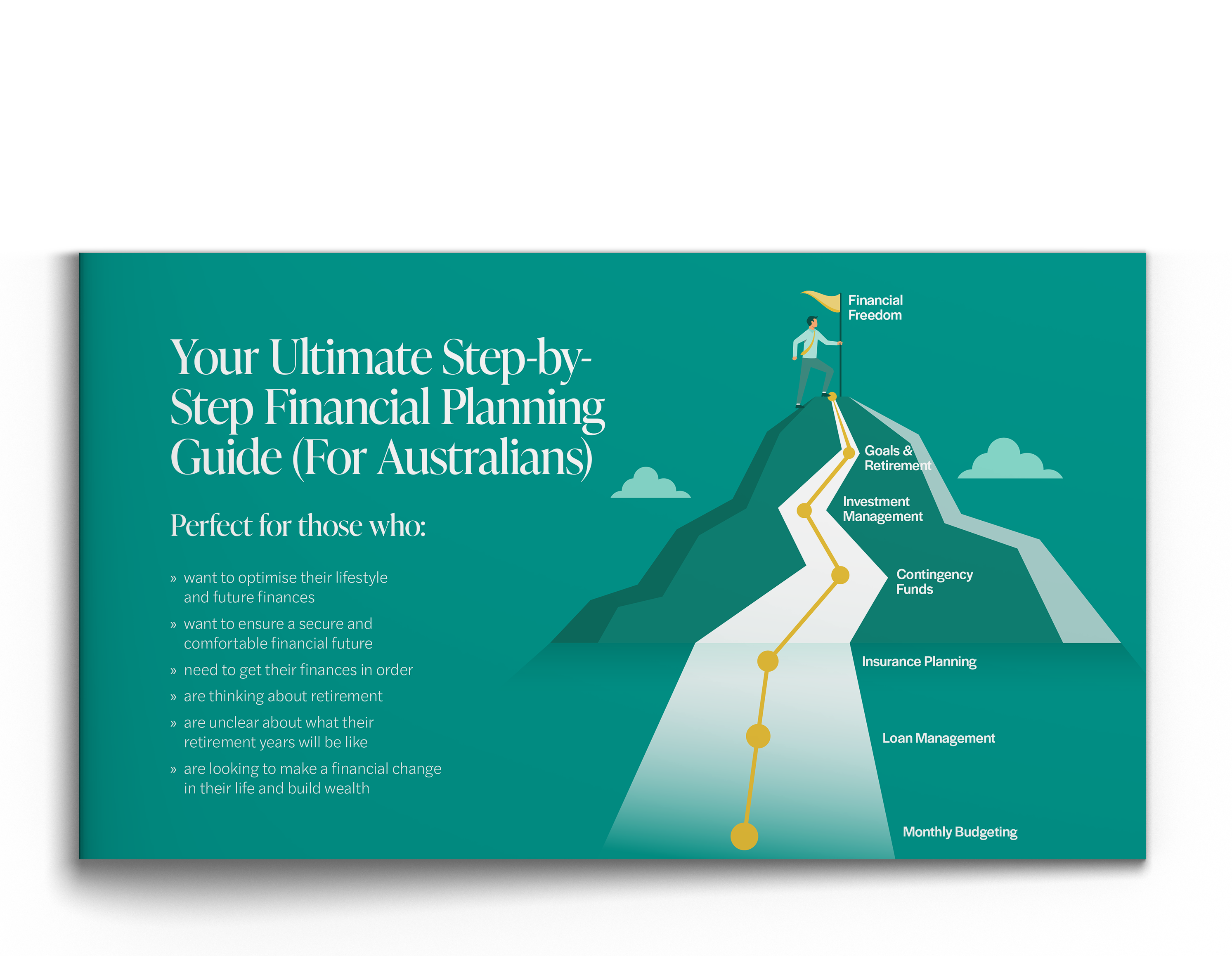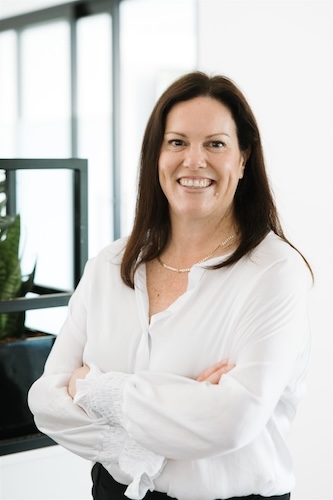Thanks to tap-and-go technology, it’s a whole lot harder to keep track of where our money is going, and this means it’s a whole lot more difficult to put a solid budget in place. We understand better than most it’s no one’s favourite thing to do, but budgeting needn’t be a dirty word. Setting realistic money goals helps you develop healthy spending habits, keeps you on top of your expenses and allows you to prioritise what is important to you.
Why do I need to budget?
First things first: your weekend brunches and car repayments are not the same thing. That is, one is a discretionary spend and the other essential. Understanding the difference in your spending habits will help you identify your capacity for investment and savings.
Say you want to buy a house in five years. Or you have a fancy car on the brain. Want to take a year off and travel? A budget forces you to map out your goals and keep track of your progress towards meeting them. Yes, it hurts when Friday drinks or that new game console doesn’t fit into your budget. But when you have clear financial goals, those impulsive or short-term gratifications aren’t as satisfying.
There are also unforeseeable emergencies. In case of job loss, unanticipated medical expenses or other sudden events, having money set aside can help in times of crisis. Perhaps most importantly, you should view budgeting – and by extension, saving and investing – as an investment in yourself. It’s vital to get yourself on a budget and incorporate investments into it so you can set yourself up for those longer-term goals. A little financial sacrifice now could equal a leisurely retirement later.
There’s no point putting a savings or investment plan in place that you can’t afford, so you need to figure out how much money you have – after expenses, that is.
So, where do I start?
Start by recording your income and making a list of all money coming in: how much, where from and how often. Include everything from your salary to government benefits and any investments you may already have. Then do the same for your expenses. These are essential items you need to live, such as rent, bills, groceries, transport, loans, schooling and medical fees. Take away your expenses from your earnings, and you’ll know how much you have left to play with.
So, where do I start?
Start by recording your income and making a list of all money coming in: how much, where from and how often. Include everything from your salary to government benefits and any investments you may already have. Then do the same for your expenses. These are essential items you need to live, such as rent, bills, groceries, transport, loans, schooling and medical fees. Take away your expenses from your earnings, and you’ll know how much you have left to play with.
If you’re making more than you’re spending, you’re in what is known as a cashflow surplus. While a great position to be in, having more money coming in might entice you to spend more than you save – especially if you find yourself in a windfall. Knowing what your core expenses are allows you to map out what extra cash can be put into a definitive savings/investment plan.
For those in a cashflow deficit – i.e. spending more than you are earning – it is important to track your spending to see where you are wasting money. For example, if you’ve racked up credit card debt, you might not even realise the impact additional interest charges are having on your weekly cashflow. Once you’ve identified the areas you can improve on, you can focus on working to pay them down, save on interest and lowering your repayments over time.
It can be hard to face facts with your spending. Unsure how to start a budget or savings plan that’s right for your circumstances? Our financial planners can help you devise a plan tailored to your short and long-term monetary goals. Get in contact today to find financial freedom.

